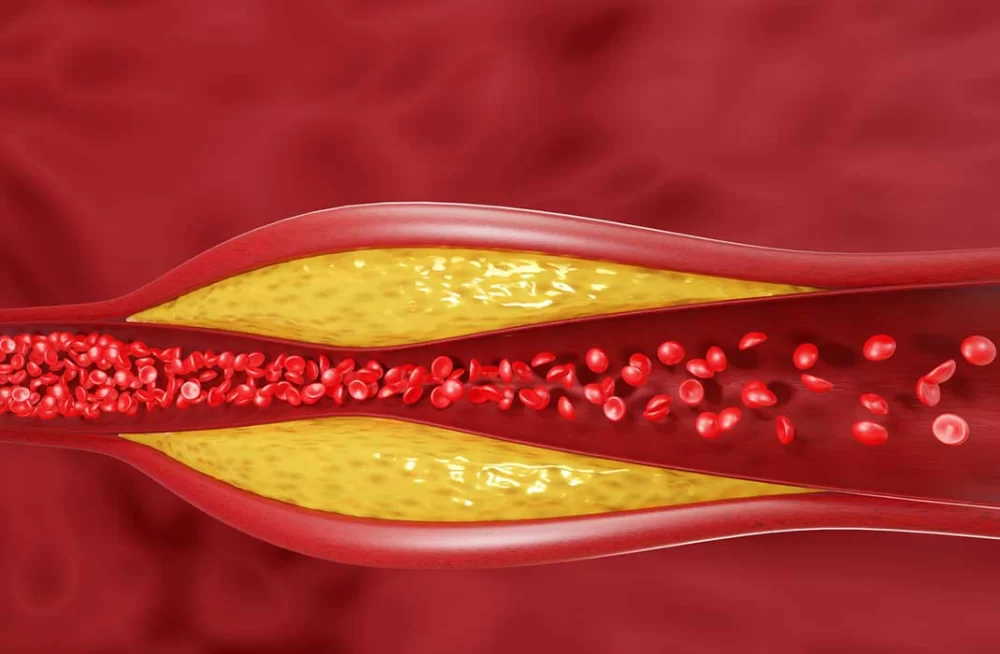The Truth About High Cholesterol and Heart Disease
- Understanding Cholesterol
- Cholesterol and Heart Disease Connection
- Myths About Cholesterol
- Prevention and Treatment
Understanding Cholesterol
Cholesterol is a fatty substance that your body needs to function properly. It helps build cells, produce vitamins, and create hormones. However, when cholesterol levels become too high, it can cause serious health problems, especially related to heart disease. To grasp the truth about cholesterol, it's essential to understand the different types and how they affect your body.
There are two main types of cholesterol: Low-Density Lipoprotein (LDL), often referred to as "bad" cholesterol, and High-Density Lipoprotein (HDL), known as "good" cholesterol. LDL can build up in your arteries, causing plaque, while HDL helps remove LDL from the bloodstream. Maintaining a healthy balance between these two types is crucial for good heart health.
Cholesterol and Heart Disease Connection
High cholesterol is a major risk factor for heart disease. When cholesterol levels are too high, it leads to the buildup of fatty deposits in the arteries, which can eventually block blood flow to the heart. This can result in conditions such as heart attacks and strokes. The relationship between high cholesterol and heart disease has been well-documented, but many people are still unaware of how it directly impacts their cardiovascular health.
Recent studies have shown that even moderate increases in cholesterol can have long-term effects on heart health. High levels of LDL cholesterol increase the likelihood of developing atherosclerosis, a condition where the arteries narrow due to plaque buildup. In contrast, maintaining healthy cholesterol levels significantly reduces the risk of heart disease.
Myths About Cholesterol
There are many misconceptions surrounding cholesterol and its role in heart disease. One of the most persistent myths is that all cholesterol is bad for your health. This is simply not true. While high levels of LDL cholesterol can be harmful, HDL cholesterol is essential for removing harmful substances from the blood.
Another common myth is that cholesterol only affects older adults. In reality, cholesterol issues can begin at a young age, and it's essential to monitor cholesterol levels throughout life. Lifestyle factors, such as diet and exercise, play a significant role in cholesterol management, and starting healthy habits early can prevent future health problems.
Prevention and Treatment
Preventing and treating high cholesterol requires a combination of lifestyle changes and, in some cases, medication. A healthy diet rich in fruits, vegetables, whole grains, and lean proteins can help lower LDL cholesterol and raise HDL cholesterol. Regular physical activity, such as walking, cycling, or swimming, is also beneficial for heart health.
In some cases, individuals with high cholesterol may need medication to control their levels. Statins, for example, are commonly prescribed to lower LDL cholesterol and reduce the risk of heart disease. It's essential to work with a healthcare provider to determine the best approach for managing cholesterol based on individual needs and risk factors.
For those looking to improve their cholesterol levels, incorporating heart-healthy habits can significantly reduce the risk of heart disease. Regular checkups and cholesterol screenings are key to identifying any potential issues early and taking proactive steps toward better health.





















